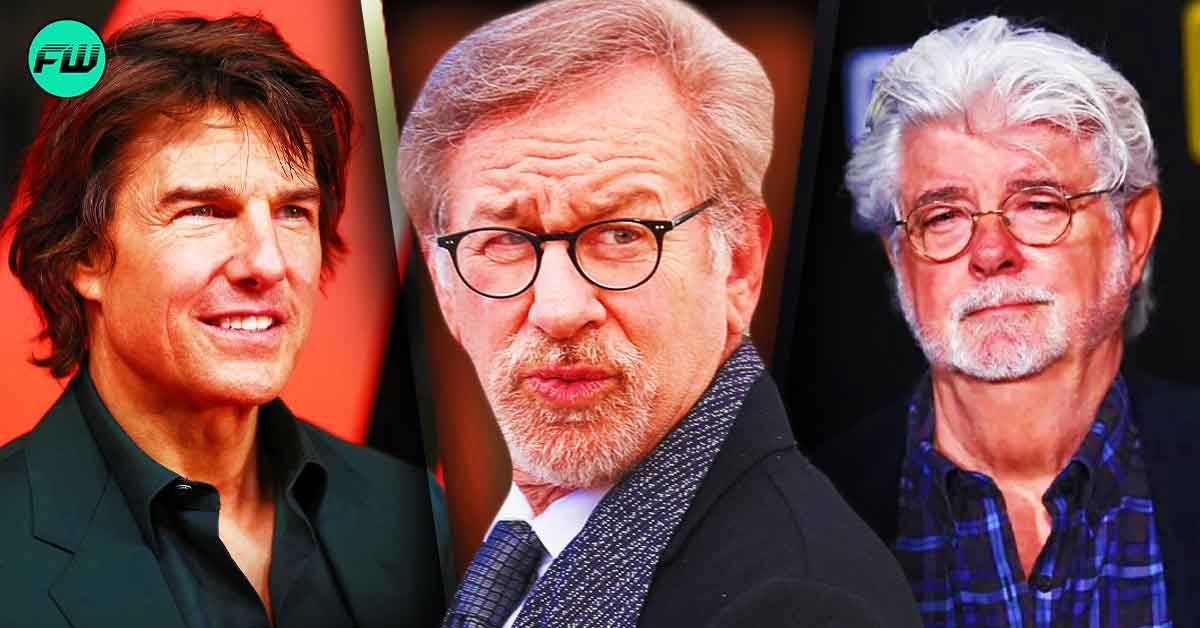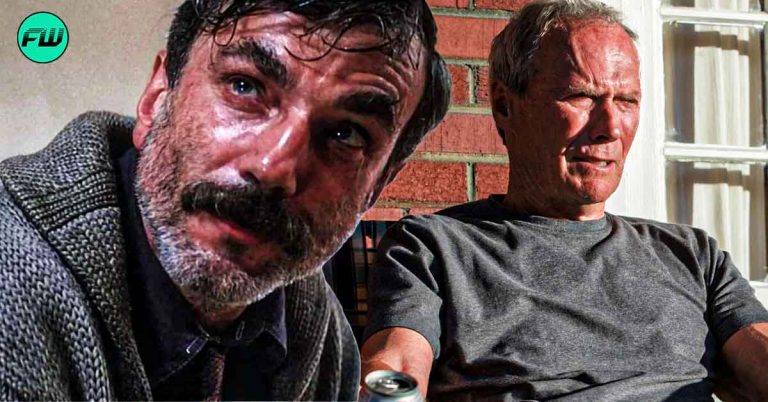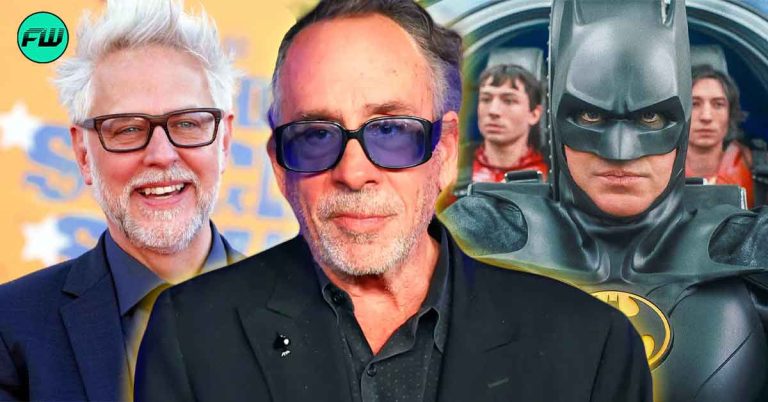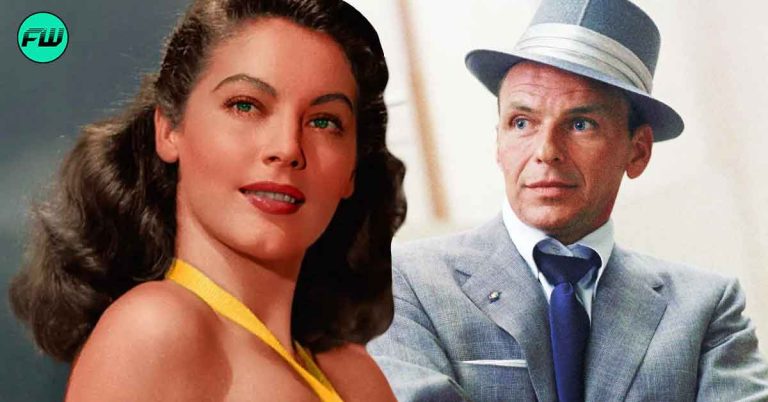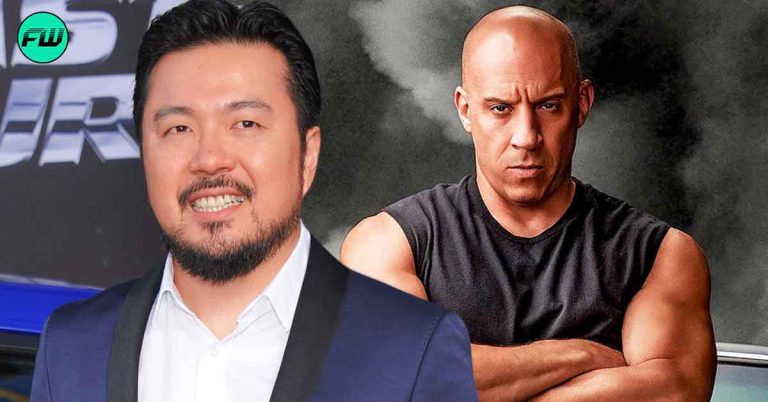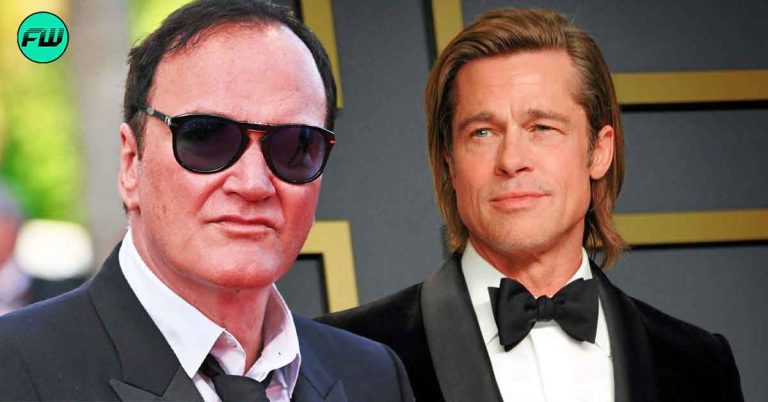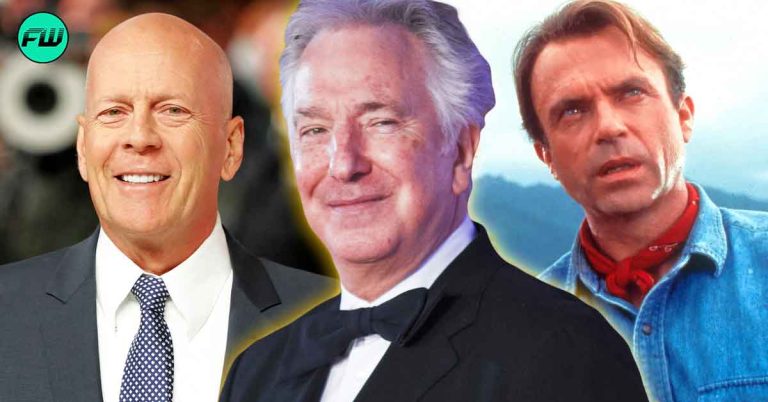Steven Spielberg’s filmography is vast, diverse, and historic. For several decades, the legendary Hollywood filmmaker has offered movie-goers cinematic experiences that account for extraordinary narratives. Hailed as the most commercially acclaimed director of all time, Spielberg’s efforts and pursuits paved the way for popular filmmaking. The talented auteur pioneered the transformation in the cinematic landscape after the release of Jaws.
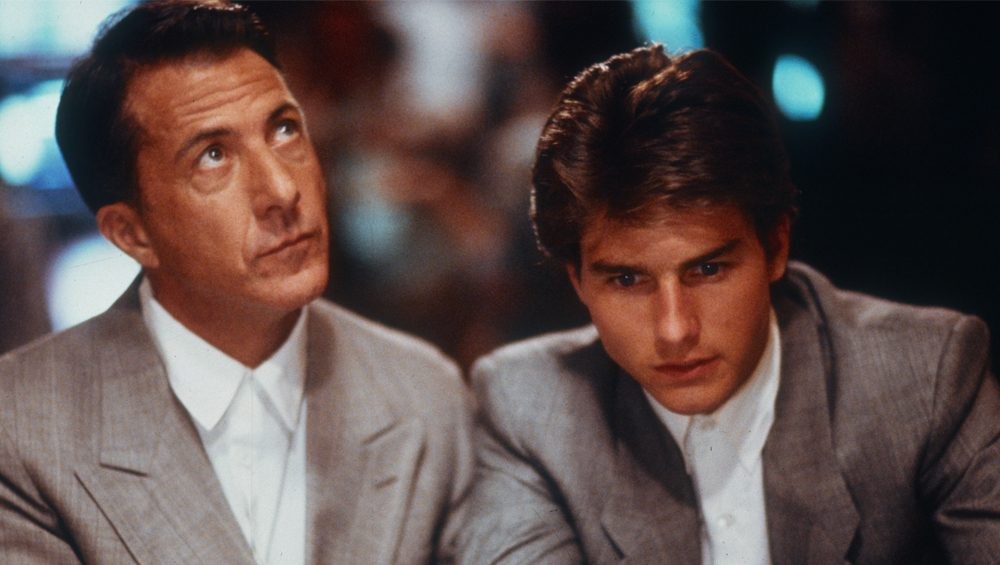
Having defined what modern-day blockbusters represent and stand for, one would assume that the man behind it all has no regrets about his illustrious Hollywood career. However, that is simply not the case. Back in the 90s, Spielberg confessed the remorse he felt over having to call quits on directing 1988’s Rain Man due to his prior commitment to Indiana Jones and the Last Crusade (1989).
Steven Spielberg Was Supposed To Direct Rain Man (1988)
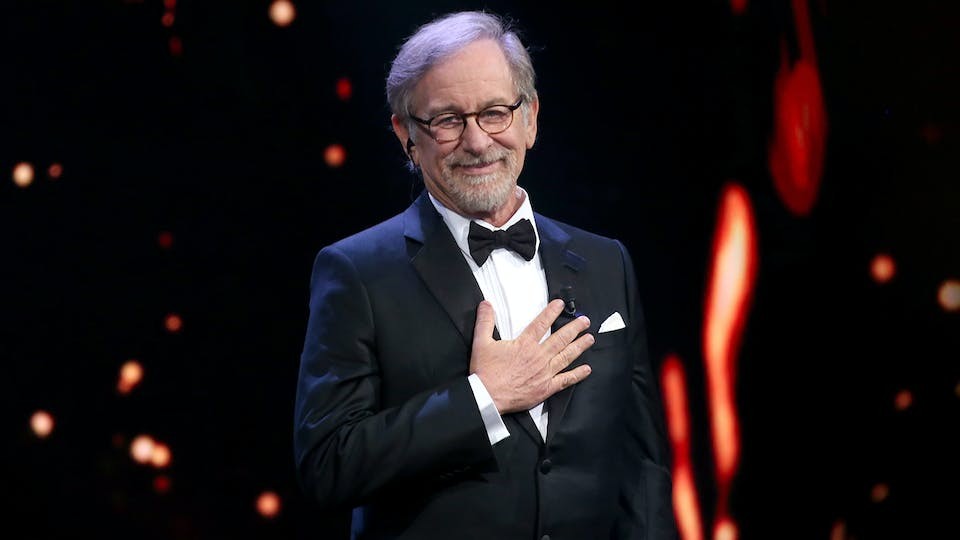
Rain Man, directed by Barry Levinson, was an astounding endeavor of its time. Starring Tom Cruise and Dustin Hoffman, the popular 1988 road drama went on to win several accolades, including four Oscars for Best Actor (awarded to Hoffman), Best Director, Best Original Screenplay, and Best Picture. The commercial success that the movie saw was extraordinary. Being the highest-grossing film of 1988, Rain Man managed to amass a stupefying $412.8 million at the box office, against a budget of only $25 million.
Rain Man is particularly notorious for having gone through a plethora of directors and writers who nearly made the movie before the cinematic pursuit could depend on director Barry Levinson and screenwriters Barry Morrow and Ronald Bass to bring it to full completion. The story is centered around a guileful car dealer named Charlie Babbitt (portrayed by Tom Cruise) who comes to learn about the death of his estranged father. Following this, he travels back home to Cincinnati, where he is greeted with a surprising revelation.
Charlie, who was previously unaware, finds out that he has an autistic older brother, named Raymond Babbitt (portrayed by Dustin Hoffman). Additionally, he discovers that a significant amount of his father’s wealth is being transferred to the mental institution where his brother has been residing for a very long time. What the viewers witness next is Charlie’s attempts of trying to get guardianship of his brother to get his hands on the money.
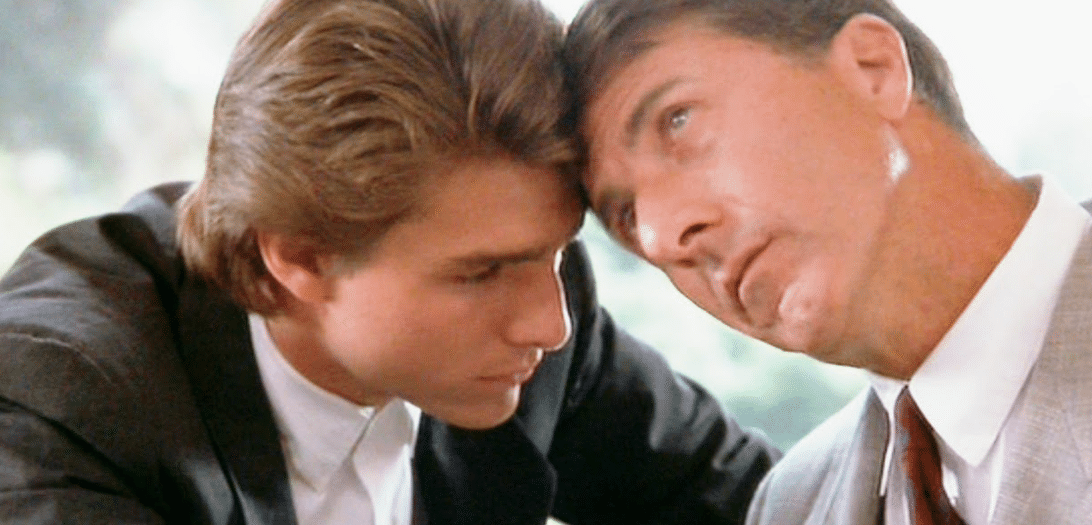
This subsequently results in a cross-country journey that ultimately transforms both of their lives, allowing Cruise’s character to learn more about his older brother and the brilliance he possesses. This heartfelt tale of brotherly love was well-received by audiences. It became the most commercially successful endeavor of that year. The appreciation it received at the award shows was a testament to people’s warm acceptance of the Barry Levinson-directed endeavor.
The film was also remembered for having raised public awareness of autism. The influence was astounding, as it led to an increase in funding for medical research on the disorder.
However, before Levinson sat on the director’s chair for Rain Man, Steven Spielberg was attached to the project for almost 5 months, where he spent his time writing the script for the Cruise and Hoffman starrer. Alas, the renowned Hollywood figure had to step down because of a promise he made to George Lucas.
Making an appearance on BBC’s Film series, Spielberg talked to presenter and British film critic Barry Norman about it.
Steven Spielberg Was Upset When Rain Man Got Awarded At The Oscars
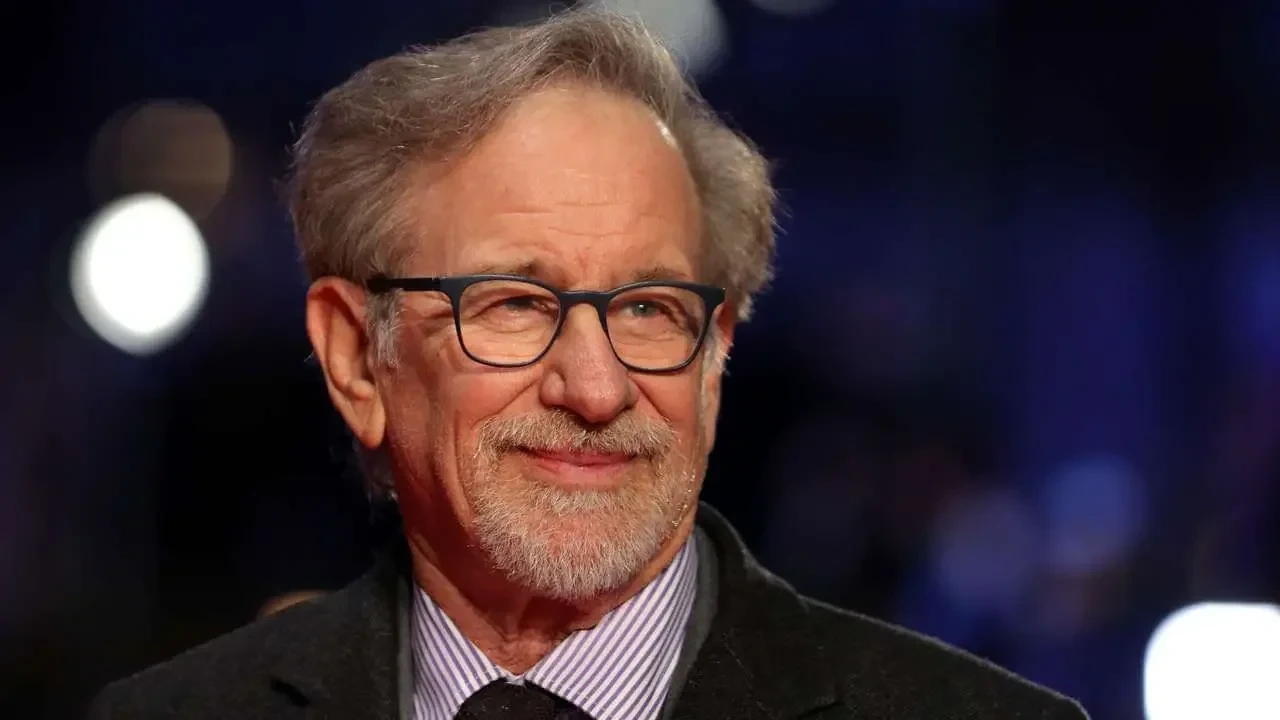
During the interview, Spielberg elaborated on his attachment to the 1988 endeavor. Having to direct the third Indiana Jones film, as a promise to George Lucas, disallowed the esteemed director to partake in Rain Man. When asked by Barry Norman whether or not the decision was later regretted by Spielberg, the auteur truthfully said, “Oh, yeah.”
According to him, the people then involved with Rain Man had “no idea” that the film would be a success. In the same interview, Steven Spielberg expressed how he felt after being snubbed by the Academy Awards. Ironically, the director’s unrealized pursuit that later took a presentable shape under Barry Levinson’s direction went on to garner immense acclaim at the same award show. Levinson received the Oscar for Best Director.
This outcome, as agreed by Spielberg, gave him a “pang.” It does not matter what someone does for a living. It is heartbreaking and soul-crushing for a person to see a project they abandoned receive the praise they originally desired. The same was the case for Steven Spielberg.
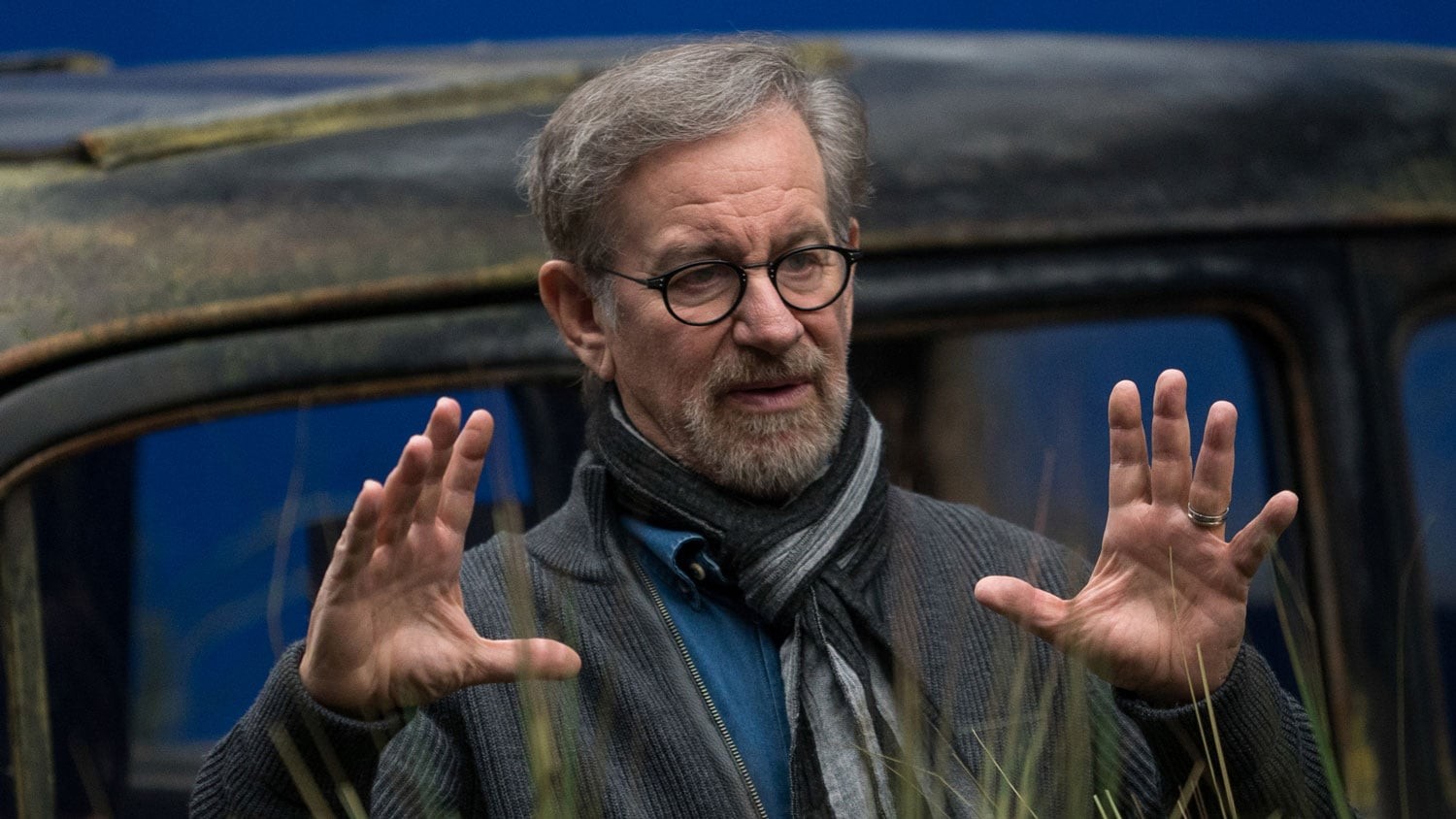
He stated the following:
“Sure it did… Sure it did. When the film began winning Best Picture and Best Writer, I kept thinking, God, maybe I should have forgotten my entire friendship with George Lucas and said, ‘George, go hire somebody else to do Indy 3′ and I should have done that (Rain Man). Of course, I thought about that.”
Despite expressing regret over not directing the award-winning film, Spielberg later realized that even if he had been a part of the endeavor, he wouldn’t be able to pull off what Barry Levinson managed to—owing to the “strange relationship” he had with Hollywood.
Here’s what he said:
“Practically speaking, if my name had been on Rain Man, shot for shot what Barry had done … I probably in my heart of heart don’t think I would even have been nominated as director on that film, and I’m not sure the film would have won that many awards.”
The filmmaker, with further elaboration, remarked that these realizations did not stem from what the industry may have potentially had against Spielberg but because of the “baggage” he brings to any endeavor. To him, it felt like he was an “abstract casting” for a film like Rain Man. He concluded the matter by saying that if he had partaken in the film, it would not have been as recognized as it was under Levinson’s direction.
Whether such assumptions made by Spielberg are objectively accurate or not will never be known. What Rain Man could’ve looked like under the guidance of the eminent Hollywood icon is something that can only sustain itself in people’s imagination. However, Spielberg’s confession allows us to acknowledge that even someone of his stature can have an array of career-related regrets and disappointments.
Rain Man is available for streaming on Paramount+.
Source: IndieWire

